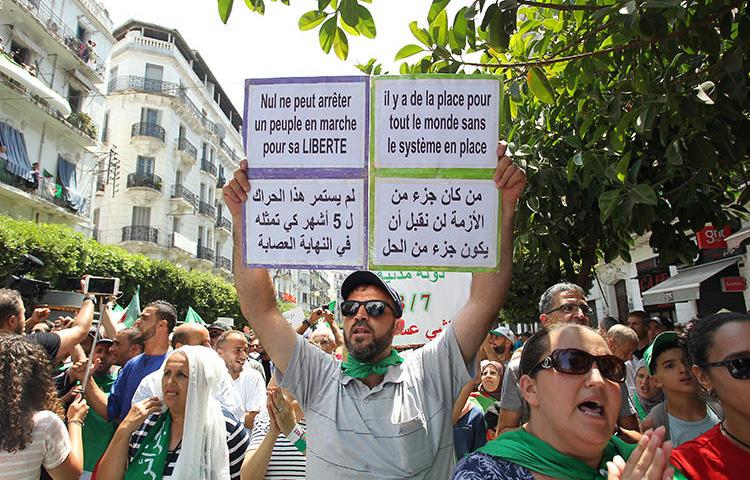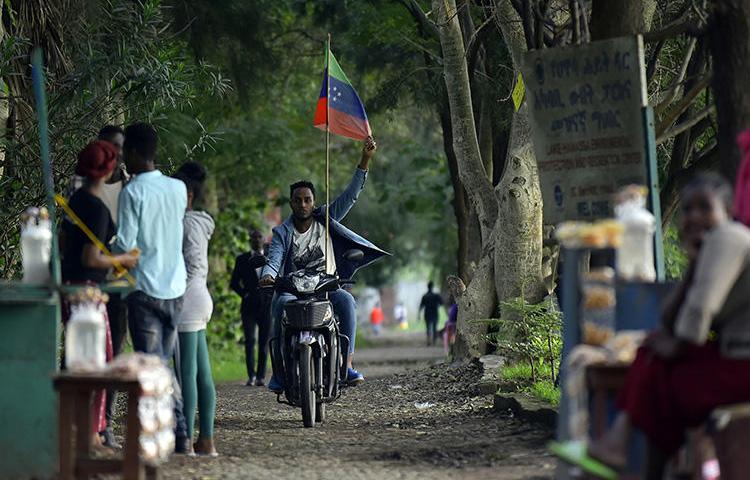
Authorities arrest Sidama Media Network workers in southern Ethiopia amid unrest
Nairobi, August 9, 2019–The Committee to Protect Journalists today called on authorities in Ethiopia to disclose the charges against three media workers from the Sidama Media Network or release them immediately, and to guarantee that journalists operating in southern Ethiopia can report freely.
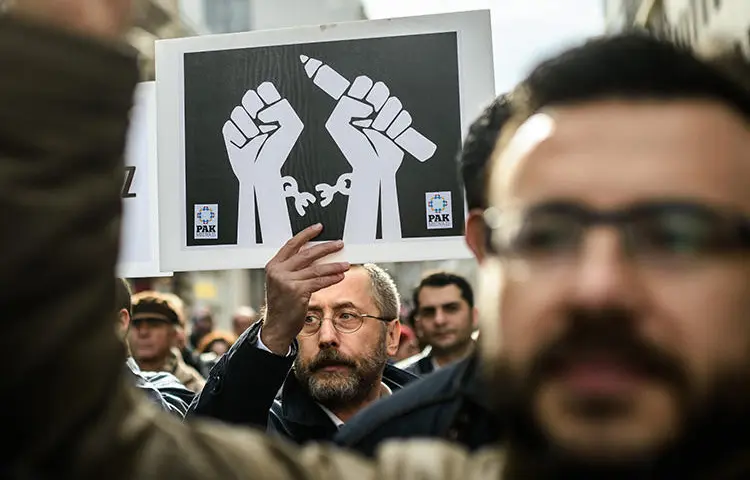
Turkish court orders service providers to block access to news sites
Istanbul, August 6, 2019–An Ankara court on July 16 ordered Turkish internet service providers to block access in Turkey to 136 web addresses, independent news website Bianet reported today. The blocked addresses include the websites of news outlets Bianet, ETHA news agency, Halkın Sesi TV, Özgür Gelecek, osp.org, geziyisavunuyoruz.org, Gazete Fersude, Yeni Demokratik Gençlik, Umut…
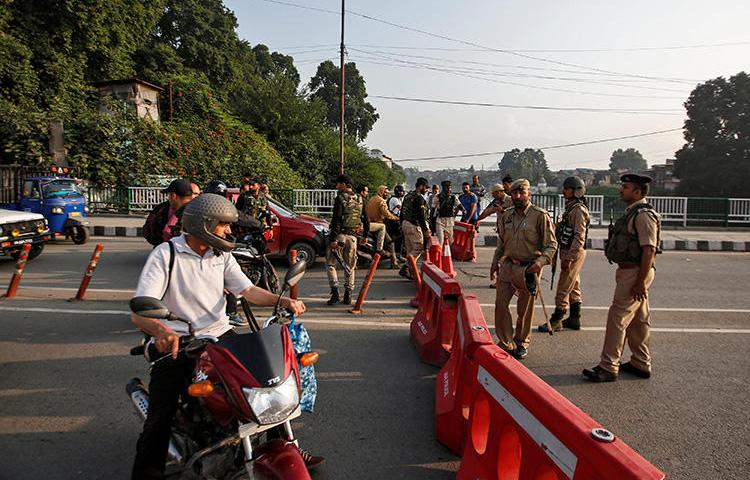
CPJ calls on India to ensure access to internet and communications services in Kashmir
New York, August 5, 2019–The Committee to Protect Journalists today expressed alarm at reports of a communication blackout and the arrest of a journalist in Indian-controlled Jammu and Kashmir state amid an escalating political crisis.
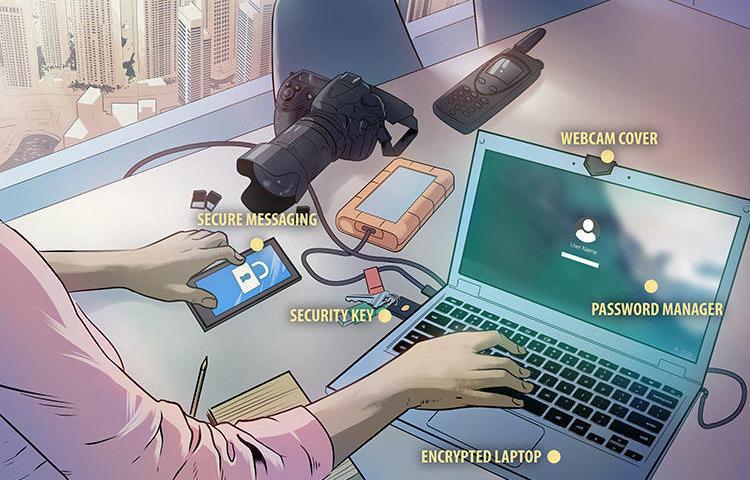
CPJ Launches Digital Safety Kit
The Committee to Protect Journalists has launched a new, updated Digital Safety Kit for journalists looking to better protect themselves, their sources, and their information. The kit, produced by CPJ’s Emergencies Response Team, combines six bite-sized safety notes on different topics in an accessible format that is easy to digest.

Kazakhstan’s move to control internet prompts censorship, surveillance concerns
A state-controlled internet service provider in Kazakhstan is requiring at least some of its subscribers to submit to having their internet traffic intercepted when they use specific websites–including social media sites, email and messaging services, and Google News, according to research published this week by Censored Planet, a project at the University of Michigan.

CPJ joins letter urging MTN Group to end participation in internet shutdowns in Sudan
The Committee to Protect Journalists yesterday joined 22 other organizations in signing a joint letter to executives at South African telecommunications company MTN Group, calling on them to end their roles in Sudan’s internet shutdowns.
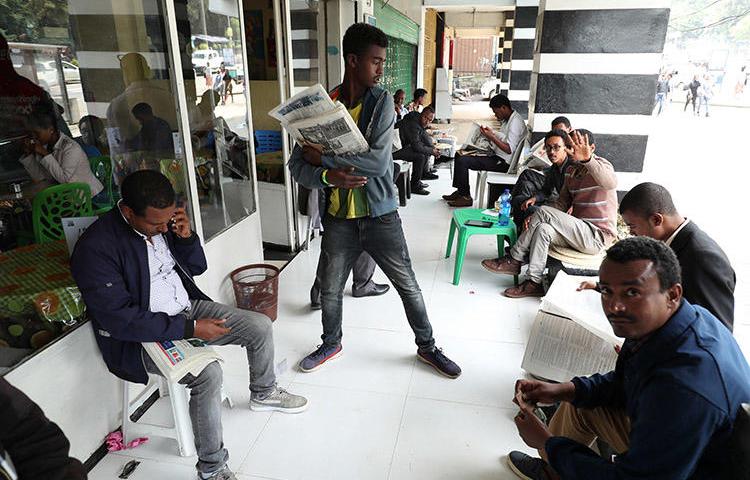
In era of reform, Ethiopia still reverts to old tactics to censor press
On June 22, Ethiopia was plunged into an internet blackout following what the government described as a failed attempted coup in the Amhara region. In the aftermath at least two journalists were detained under the country’s repressive anti-terror law, part of an uptick in arrests that CPJ has noted in the country since May.
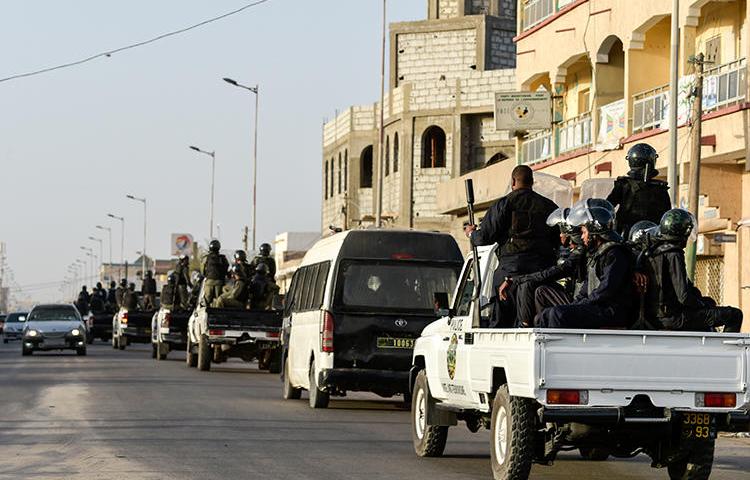
Two journalists arrested, internet shut down amid disputed election in Mauritania
New York, July 3, 2019 — Mauritanian authorities should immediately release journalists Seydi Moussa Camara and Ahmedou Ould al-Wadea, restore internet access throughout the country, and allow journalists to report on the results of the country’s presidential elections without fear of reprisal, the Committee to Protect Journalists said today.
